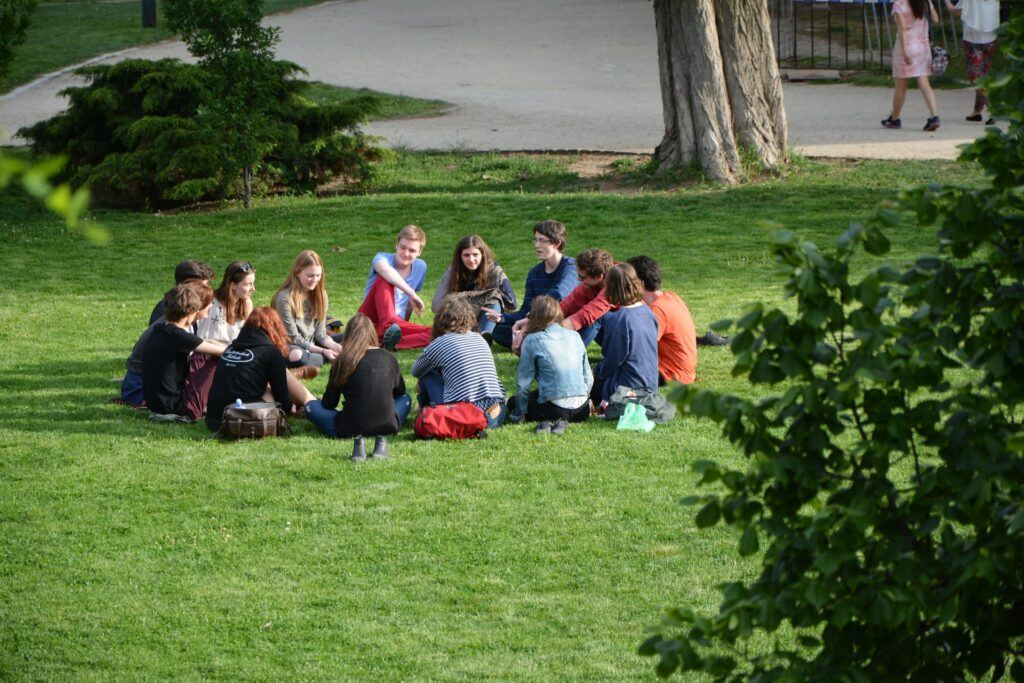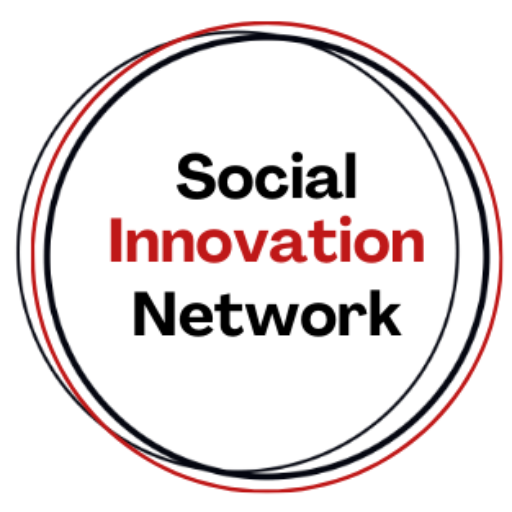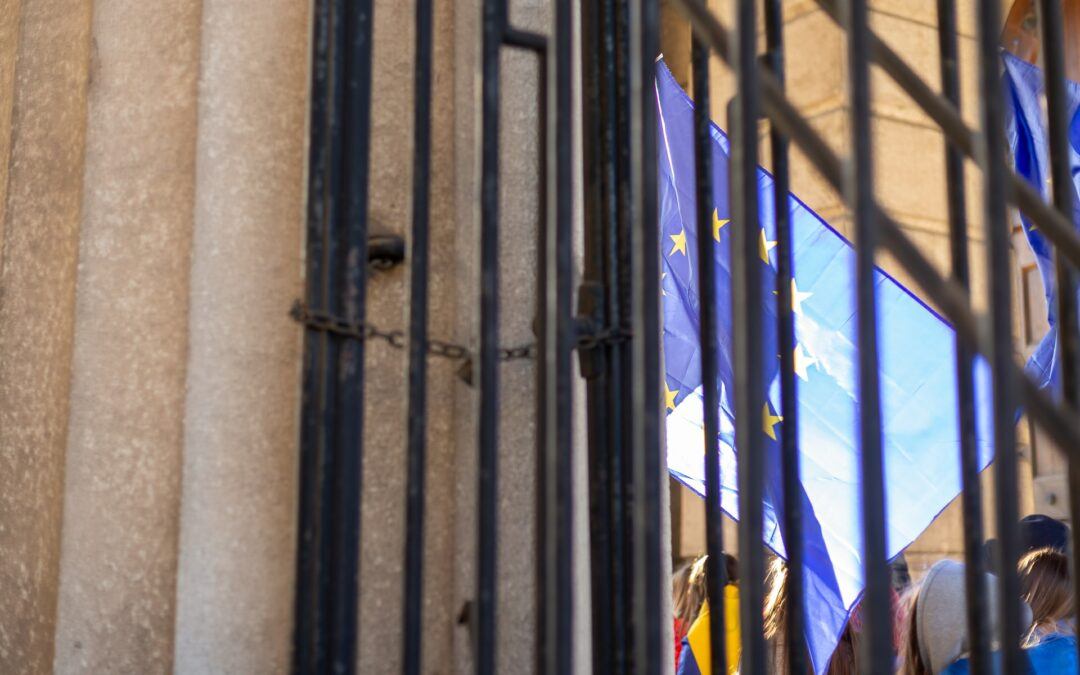The EU has increasingly recognized the importance of involving youth in policy mechanisms and has actively placed young people in citizen dialogue efforts. The role of youth in the European social context is vital to long-term effects of implemented policies as they encourage solutions to issues which can affect the citizens of the future. In the following explanations you can find out what the EU Youth Dialogue is, how you can get involved, and how you yourself can become a driver for change.
How is it relevant in the context of social innovation?
The EU Youth Dialogue is an instrument which brings the needs, views and opinions of young people and youth organizations closer to EU institutions and is in and of itself a social innovation on an inter-institutional level. This type of structured dialogue is a way for collating the relevant information from all important stakeholders in the context of EU youth policies for youth.
The most important part of the Dialogue is conducting consultations in cooperation with young people. Such consultations serve as a forum for reflection on the priorities, implementation and evaluation of European and national youth policies. In addition to the consultations conducted through the questionnaire on this page, many youth organizations organize various activities so that as many young people as possible can express their opinions and recommendations in a meaningful and fun way and to enable young people’s voices to be heard and their ideas and recommendations will be respected. By presenting opinions, criticisms and recommendations through the Dialogue process, young people have in their hands a powerful tool that allows them to really influence their future.

Why the EU Youth Dialogue?
It is a pillar for the successful implementation of the EU Youth Strategy 2019-2027. The Strategy,supports collaboration among the EU countries concerning all issues regarding young people, and focuses on three main core areas ‘connect, engage and empower’.
How is it implemented?
The implementation of the dialogue with policy makers and other activities occurin cycles of 18months. Every cycle concentrates on a different theme set by the Council of Youth Ministers.
The one which is currently in focus (from the beginning of 2022 to mid-2023) is “A Sustainable and Green Europe”.
The thematic priority is therefore directly connected to the Youth Goals number 3: Inclusive Societies and number 10 Sustainable Green Europe.
At its core, the Dialogue tries to include all young people in the process. This means all young people, including those with fewer opportunities and those currently not involved and active. In every Member State, the process is organised by national working groups that oversee conducting consultations and activities in their country with young people, youth organisations and policy makers.
The Trio Presidency (ergo, the Council of the EU) leads the coordination of the implementation effort of the EU Youth Dialogue, collaborating closely the European Commission Commission and the National Agencies, as well as with the European Youth Forum and other youth civil society representatives, within a coordination group.

What is the outcome?
The results of the abovementioned consultations and range of activities are collected afterthe Dialogue activities are over on a national and Europeanlevel, and are lateranalysed and further discussed at the EU Youth Conferences. During the conferences, youth representatives and policy makers have the occasion to work jointly and present a common message to the EU. The Youth Conferences are organized on a bi-yearly basis and are hosted by the country which holds the presidency at the Council.
After the Youth Dialogue is terminated, the results are presented to the Council of the European Union. The Council might then adopt a policy document containing the views of young people. For instance, the last cycle saw the creation of 11 Youth Goals in 2018 that were then added to the EU Youth Strategy following a political process and negotiations in the Council of the EU:
- Connecting EU with Youth
- Equality of All Genders
- Inclusive Societies
- Information & Constructive Dialogue
- Mental Health & Wellbeing
- Moving Rural Youth Forward
- Quality Employment for All
- Quality Learning
- Space and Participation for All
- Sustainable Green Europe
- Youth Organisations& European Programmes
This is relevant for the following reason: The EU Youth Strategy contributes to the realization of young people’s vision of their future by mobilising policy mechanisms at the EU level. What is more, the EU Youth Strategy serves as a tool to incite stakeholder actions at a national, regional, and local level.
Young people know best about the problems and needs of young people, and their future should not be decided by others instead of or beyond them. Therefore, get involved in the Youth Dialogue, become a direct part of the decision-making processand actively participate in creating your future!

Sources: https://europa.eu/youth/strategy/euyouthdialogue_en
https://europa.eu/youth/get-involved/eu-youth-dialogue/what-eu-youth-dialogue_en






